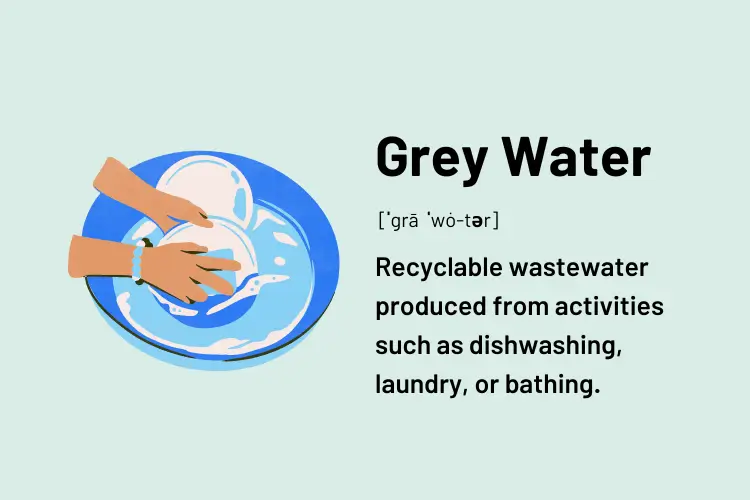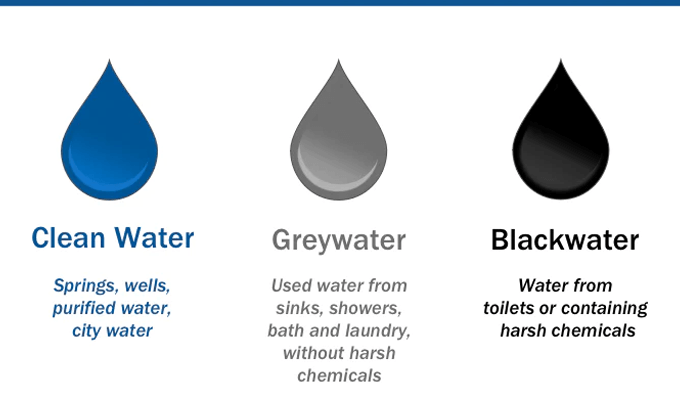The Truth About Black Water and Grey Water: What You Need to Know
Water quality and types have become a topic of increasing interest, especially with the emergence of different water products in the market. Among these, black water and grey water are terms that often arise. This guide will clarify these terms and their significance.
What is Black Water?
In the context of bottled beverages, black water is a type of mineral water that gets its distinctive dark color from fulvic and humic minerals. These minerals are naturally derived from plant matter and soil, and they are believed to offer a range of nutrients and electrolytes.
Characteristics of Black Water
Black water is rich in fulvic and humic substances, organic compounds that play a vital role in soil fertility and plant health. These minerals give the water its unique color and a slightly earthy taste.
Health Implications of Black Water
There are claims that black water, due to its fulvic and humic mineral content, can provide benefits such as improved digestion, enhanced nutrient absorption, and increased energy. However, it’s essential to approach these claims critically and consult scientific research and healthcare professionals for a comprehensive understanding.

What is Grey Water?
Grey water is relatively cleaner wastewater that comes from sources like showers, bathtubs, and washing machines. Unlike black water, grey water doesn’t contain fecal matter, making it less hazardous.
Sources of Grey Water
The primary sources of grey water are showers, bathtubs, washing machines, and sometimes bathroom sinks.
Treatment Processes for Grey Water
Grey water treatment is generally simpler than black water treatment. It often involves filtration and disinfection processes to remove any potential contaminants. Some households even have DIY grey water systems that allow for the reuse of this water in gardens.
Potential Uses of Treated Grey Water
Treated grey water can be reused for various purposes, such as garden irrigation, toilet flushing, and even laundry, depending on the treatment level. Reusing grey water can significantly reduce household water consumption.

Conclusion
Understanding the differences between black water, rich in fulvic and humic minerals, and grey water is crucial for making informed choices about water consumption. While black water offers potential health benefits due to its unique mineral content, grey water provides an opportunity for water conservation and reuse. Being informed allows us to make better decisions regarding our health and the environment.

